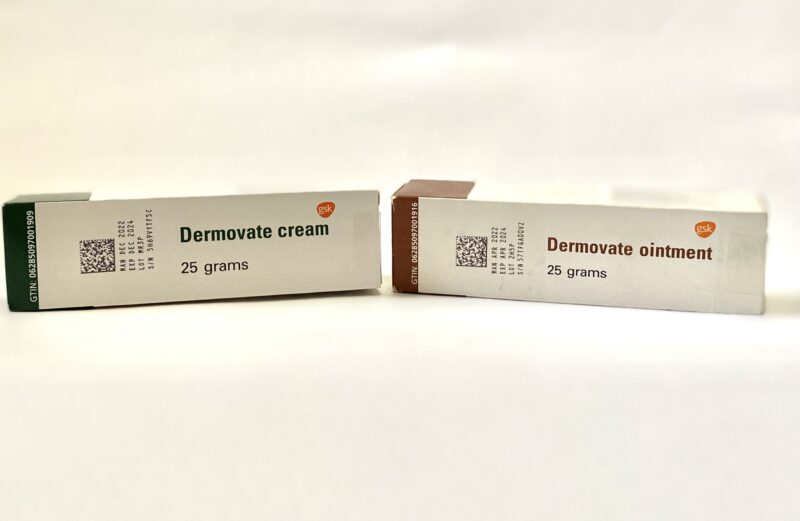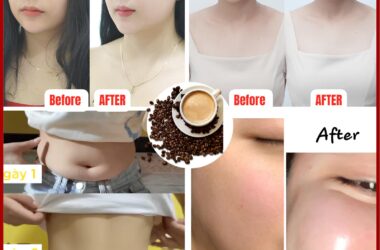When it comes to skin conditions like eczema, psoriasis, or dermatitis, finding the right treatment is crucial. Dermovate, a popular medication, is available in both cream and ointment forms, each catering to specific needs and skin types. Understanding the differences between Dermovate Cream and Dermovate Ointment is essential for effective and safe usage.
Table of Contents
Texture and Composition
- Dermovate Cream: Creams are water-based and easily absorbed by the skin. Dermovate Cream is lightweight and provides a cooling effect, making it suitable for moist or weeping skin conditions. It’s a good option for areas of the skin that are more prone to sweating.
- Dermovate Ointment: Ointments are oil-based and have a thicker consistency. Dermovate Ointment creates a barrier on the skin, locking in moisture. This makes it ideal for dry, scaly, or thickened skin, providing a more intensive and long-lasting hydration effect.
Moisture Levels
- Dermovate Cream: Creams are less greasy and absorb quickly. They are suitable for mild to moderately dry skin and are often preferred for daytime use.
- Dermovate Ointment: Ointments are heavier and stay on the skin’s surface longer, making them excellent for very dry or cracked skin. They are usually recommended for nighttime use, allowing the medication to work throughout the night.
Skin Type and Condition
- Dermovate Cream: Creams are best suited for skin that is damp or weeping due to their water-based nature. They are effective for conditions where the skin needs to breathe and should not feel overly greasy.
- Dermovate Ointment: Ointments are more suitable for extremely dry, flaky, or thickened skin. They are especially beneficial for chronic skin conditions where intensive moisture retention is necessary.
Application and Absorption
- Dermovate Cream: Creams are easily spread and absorbed, making them suitable for larger areas of the body. They are absorbed relatively quickly, making them convenient for daily use.
- Dermovate Ointment: Ointments are thicker and may require more effort to spread evenly. They are often used in smaller quantities and are well-suited for localized, stubborn areas that need intensive treatment.
Summery
Here’s a table summarizing the differences between Dermovate Cream and Dermovate Ointment:
| Aspect | Dermovate Cream | Dermovate Ointment |
|---|---|---|
| Texture | Water-based, lightweight, easily absorbed | Oil-based, thicker consistency, forms a barrier |
| Moisture Levels | Suitable for mild to moderately dry skin | Ideal for very dry, flaky, or thickened skin |
| Skin Type/Condition | Damp or weeping skin | Extremely dry, cracked, or stubborn skin |
| Application | Easily spread, suitable for larger areas | Thicker, requires more effort, used in smaller areas |
| Absorption Rate | Absorbed relatively quickly | Stays on skin’s surface, provides prolonged effect |
| Recommended Usage | Daytime | Nighttime |
| Suitable Areas | Areas where skin needs to breathe | Localized, stubborn areas requiring intensive care |
| Effectiveness | Cooling effect, good for sweating areas | Intensive hydration, long-lasting moisturization |
| Potential Side Effects | Skin thinning, stretch marks, with prolonged use | Same potential side effects as Dermovate Cream |
Conclusion
In summary, the choice between Dermovate Cream and Dermovate Ointment depends on the individual’s skin type and the specific skin condition being treated.
Also read: How to Use Dermovate Cream




